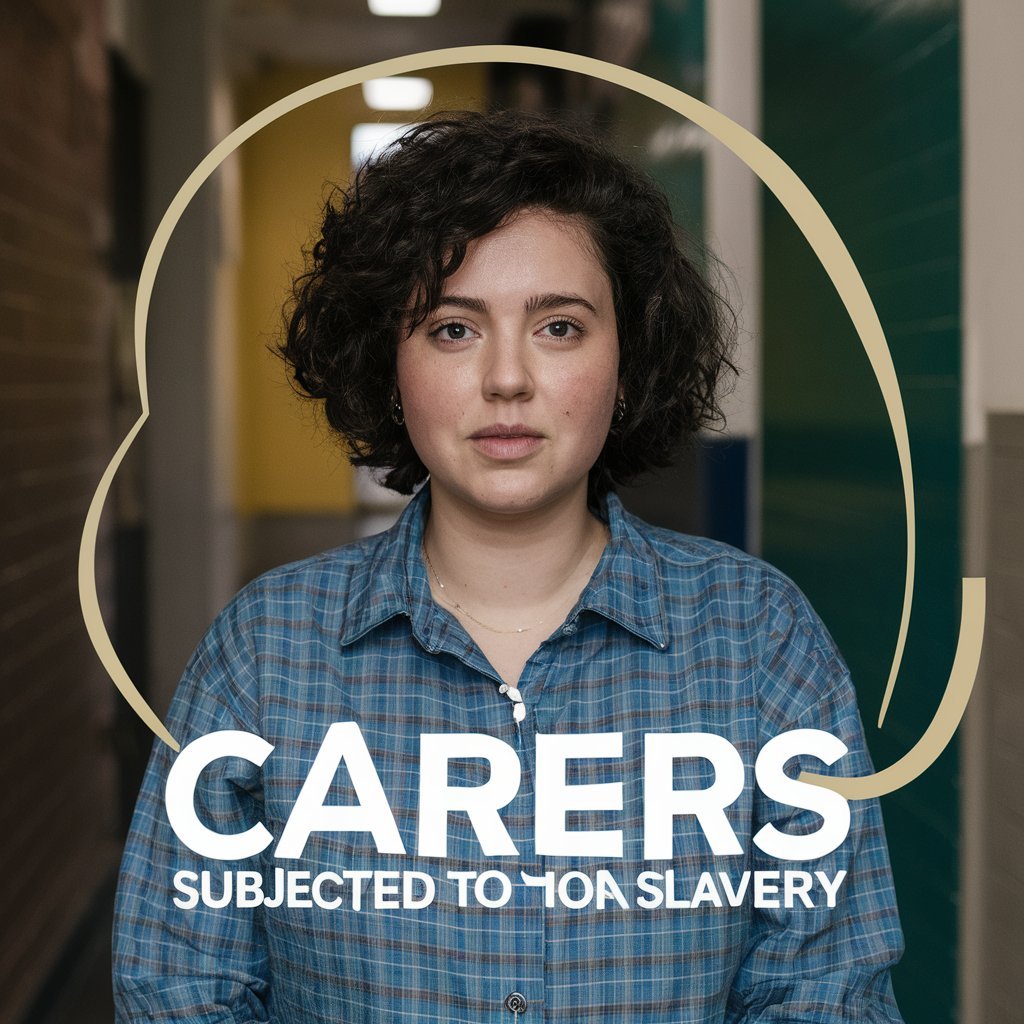Welcome to Social Care Research (SCR)
Our Mission
At Social Care Research, our mission is to conduct high-quality, impactful research that informs policy, shapes practice and drives meaningful improvements across the social care sector. From investigating modern slavery and workforce exploitation to exploring the role of technology in care delivery, we are committed to highlighting and addressing inequalities that affect carers, service users and underrepresented communities, particularly Black, Asian, and Minority Ethnic (BAME) groups. Our aim is to help build a more inclusive, just and compassionate society where all individuals, regardless of background, can engage with and benefit from safe, equitable, and culturally responsive care.
Our Vision
We envision a future where everyone, regardless of background or circumstance, has equitable access to safe, high-quality, and culturally appropriate care. A future where modern slavery in care settings is eliminated, carers are valued, and communities currently underrepresented in social care are meaningfully included in its development. Through rigorous, evidence-based research and a commitment to transparency, integrity and inclusion, we aim to inform better practices and support continuous improvement across the sector. Join us in working toward a more responsive and compassionate care system, where the dignity and well-being of every individual is respected and upheld.

Our Research
Founded with a passion for promoting social change
Our focus has since expanded to include the effects of digitisation in health and social care, especially its impact on Black, Asian, and Minority Ethnic (BAME) communities. Older BAME adults remain underrepresented in adult social care due to language barriers, mistrust, and a lack of culturally tailored information.
With the rise of digital GP access and technology-enabled care (TEC), these disparities risk growing further. Our current research explores how stakeholders are working to bridge these gaps, ensuring equitable access to digital tools, infrastructure, and skills so that no community is left behind in the move toward digital care.
Research Focus Areas
Building a Better Future with Social Insights
Modern Slavery Research
We conduct comprehensive research on modern slavery in the care sector, investigating the root causes, prevalence, impact on carers and provide recommendations for prevention and intervention.
Care Inequalities Research
Conduct a deep dive into the disparities in access to healthcare services, examining the factors that contribute to unequal care and proposing potential solutions to address these issues
Carer’s Well-being Research
Conduct a series of in-depth carer stress studies to better understand the challenges faced by carers, including the impact on their physical and mental health.
CAAMS
The Carers Association Against Modern Slavery is a pivotal project that has emerged from our extensive research efforts. It exists to empower care workers with knowledge and tools to recognise and prevent modern slavery in their work.
Technology Enabled Care Research
We explore the impact of digital innovation in health and social care with a particular focus on how technology-enabled care (TEC) affects access and outcomes for underserved groups, including Black, Asian, and Minority Ethnic (BAME) communities. Our research examines barriers to digital inclusion, such as access to devices, digital literacy and infrastructure and identifies strategies to ensure equitable uptake and benefit from TEC solutions.
- Are you carer?
Have you heard about CAAMS?
The Carers Association Against Modern Slavery (CAAMS) is a groundbreaking project that was launched in response to our research findings. The purpose of this project is to support and empower carers who are at risk of being exploited and mistreated in UK private homes.
- There is strength and safety in numbers.
Why Not Join CAAMS Today!
Join us on this transformative journey as we equip you with the knowledge, insights, and tools needed to combat modern slavery within social care. Together, let’s bring about tangible change and create a future where every carer is treated with dignity and respect.
Sad Stories narrated by carers
As early as 2009, Kalayaan gathered troubling accounts from carers holding domestic visas. Here we are in 2024 and the issue of modern slavery in the care industry persists. Despite the enactment of the Modern Slavery Act 2015, carers continue to face challenges. If the Modern Slavery Act of 2015 did not effectively address the challenges faced by carers, which legislation will provide relief?
Source: Care and Immigration - migrant care workers in private households.
(Kalayaan and Compass 2009)
“Our clients are not only old, they’re fragile too. And we need to constantly assist them. You need to help them stand. So [I] worry what it’s [all] doing to my back.” (C33)
In the care sector, there remains a significant gap in the implementation of rights-based programs designed to empower workers and enforce laws against perpetrators of modern slavery. The UK Modern Slavery Act of 2015 was enacted to combat human trafficking and severe labour exploitation, including those occurring in care settings. However, it is worth questioning whether the UK Modern Slavery Act of 2015 effectively addresses the exploitative conditions faced by carers. To discuss this topic further, paid carers are invited to join CAAMS.
